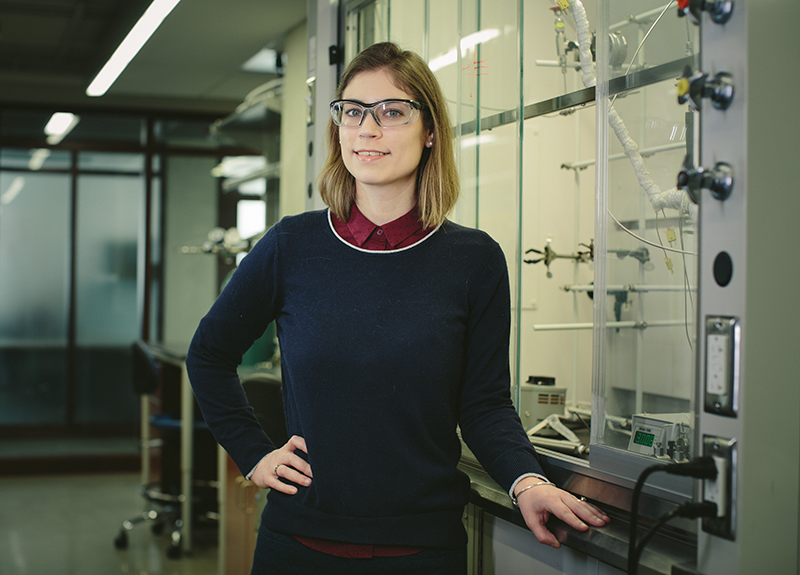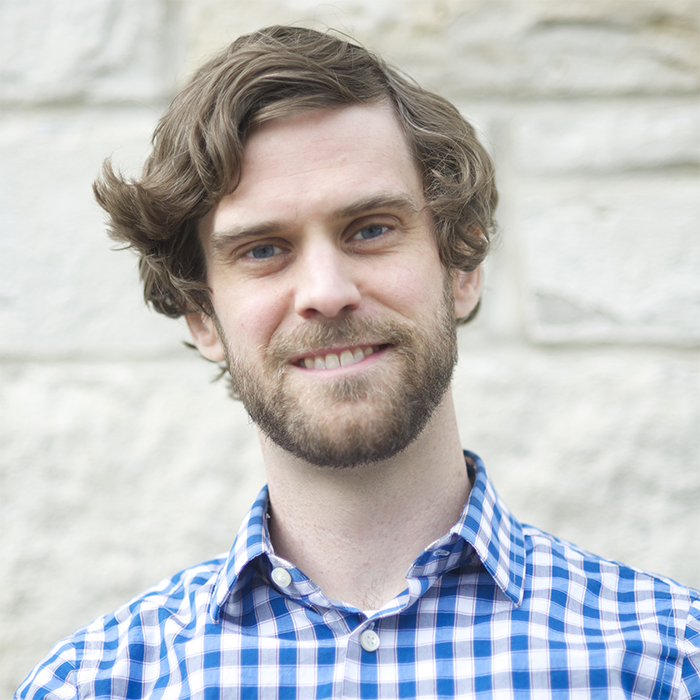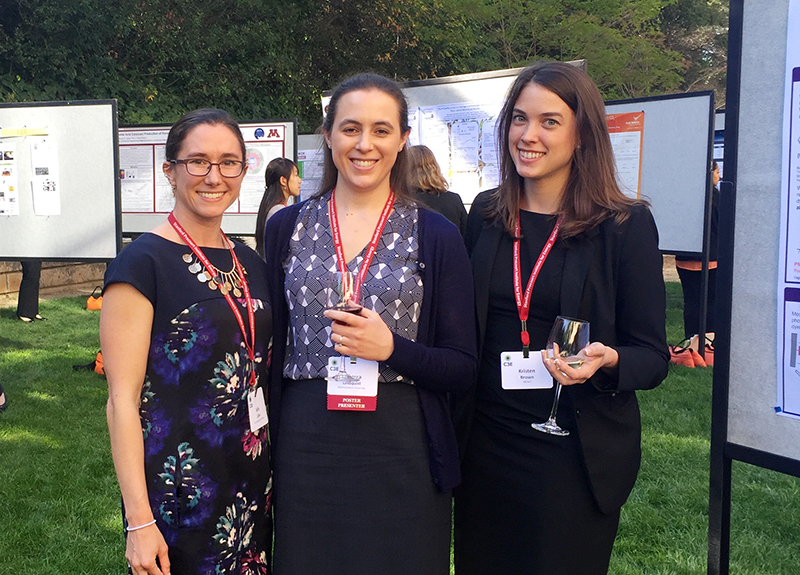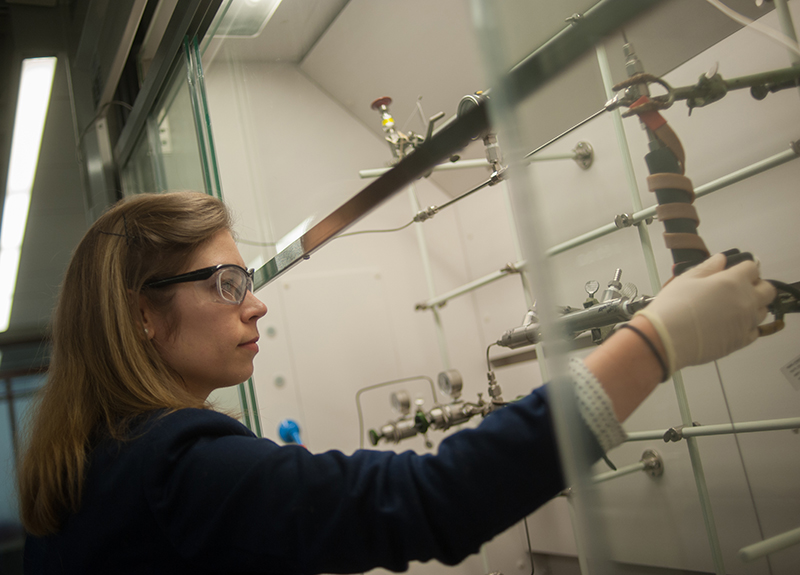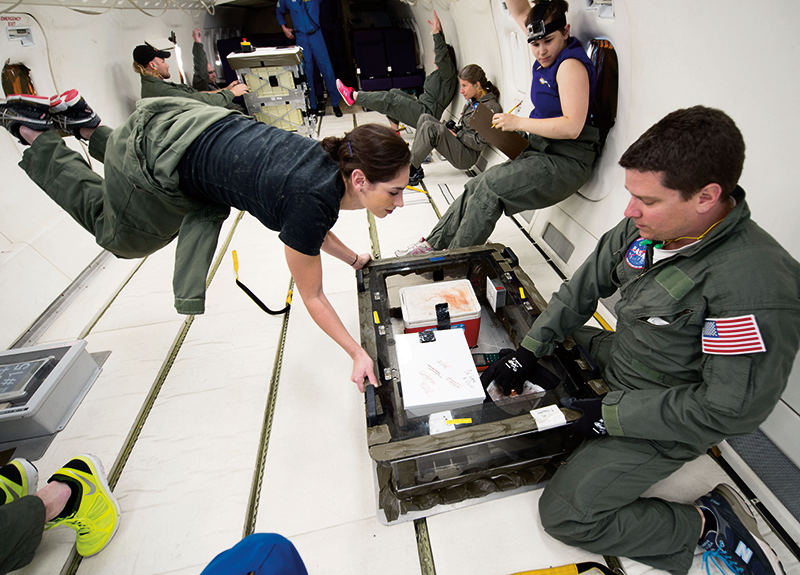Tracy L. Lohr, Research Assistant Professor of Chemistry at Northwestern, has been named as the first North American recipient of the Clara Immerwahr Award for her outstanding work in catalysis.
Launched in 2011 by UniCat, an interdisciplinary research network focused on catalysis, the annual award recognizes the exceptional research of female scientists who are early in their career. Based in Germany, UniCat strives to foster international collaboration among scientists. As a Clara Immerwahr Award recipient, Lohr will receive financial support of 15,000 Euro to travel to the Fritz Haber Institute of the Max Planck Society in Berlin to conduct research this spring.
“I will be working with world leaders in heterogeneous catalysis,” says Lohr, who will be working under Prof. Robert Schlögl during her time abroad. “This award is really valuable for establishing collaborative ties with this team of researchers in Germany. It’s helping build important links among thought leaders in the field of catalysis across the globe, which is what UniCat is all about.”
Catalysis, a science focused on improving the efficiency of chemical reactions, has a profound impact on the energy and environmental footprint of industrial and consumer products—from plastics to pharmaceuticals, solvents to soap, and fuels to food. Many of these reactions require large amounts of energy to initiate or maintain them. At Northwestern, Lohr has been working in the Flex Lab at the Institute for Sustainability and Energy at Northwestern (ISEN) to create an energy-neutral process for formaldehyde production, which would save approximately 2.1 billion kilowatt-hours of electricity annually—equivalent to the amount of energy needed to power 200,000 homes in the United States for a year.
While in Germany, Lohr will be learning in operando near ambient pressure X-ray photoelectron spectroscopy (NAP-XPS), a technique that allows scientists to study catalytic processes in real time rather than after the reaction is complete.
“Learning this new technique will not only benefit my current work at ISEN, but I’ll also be able to apply it towards the study of other heterogeneous catalyst systems more broadly,” she says.
**
The Center for Catalysis and Surface Science (CCSS) at ISEN is an academic partner within UniCat’s global network of industry and academic research organizations.



